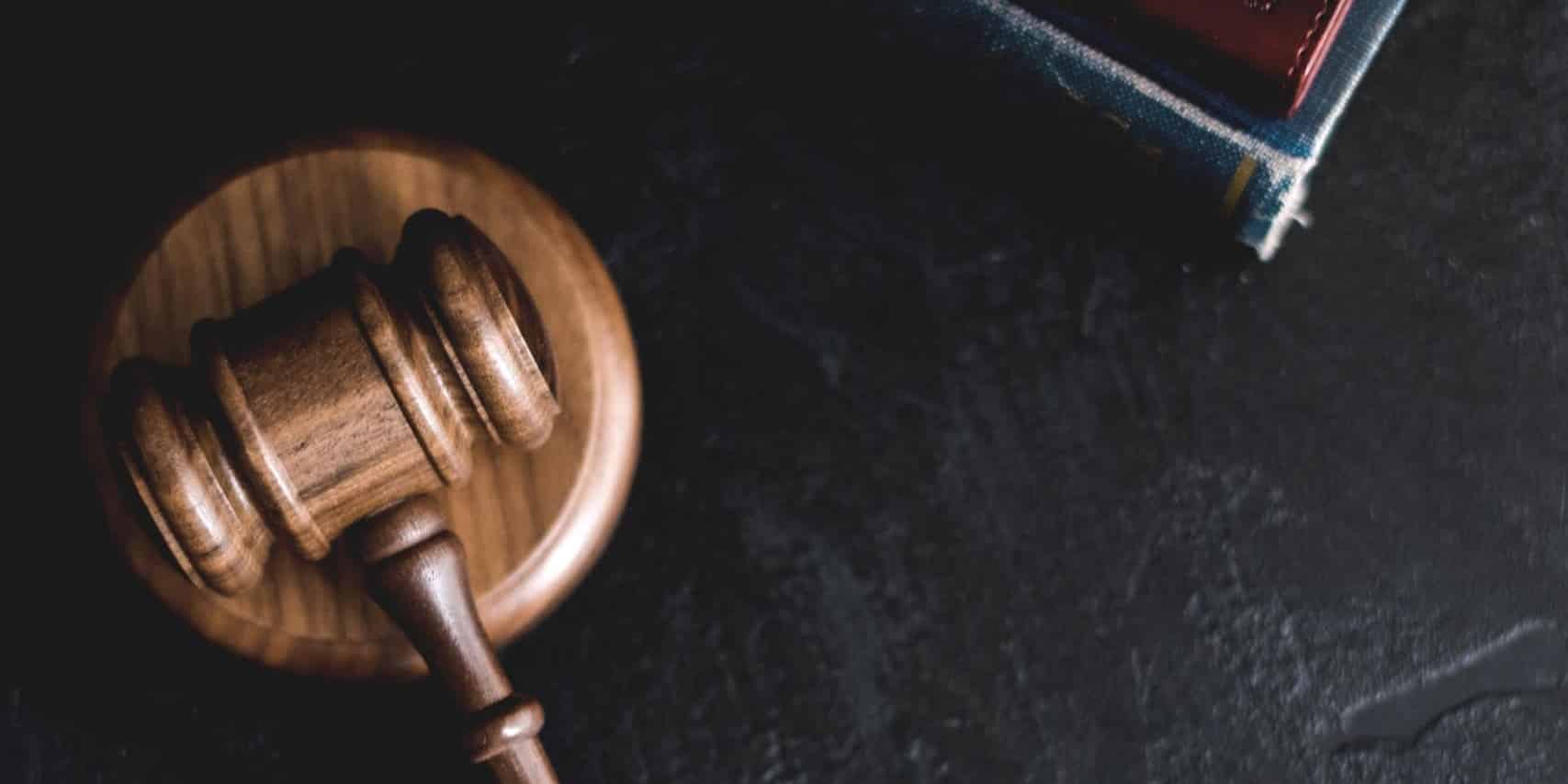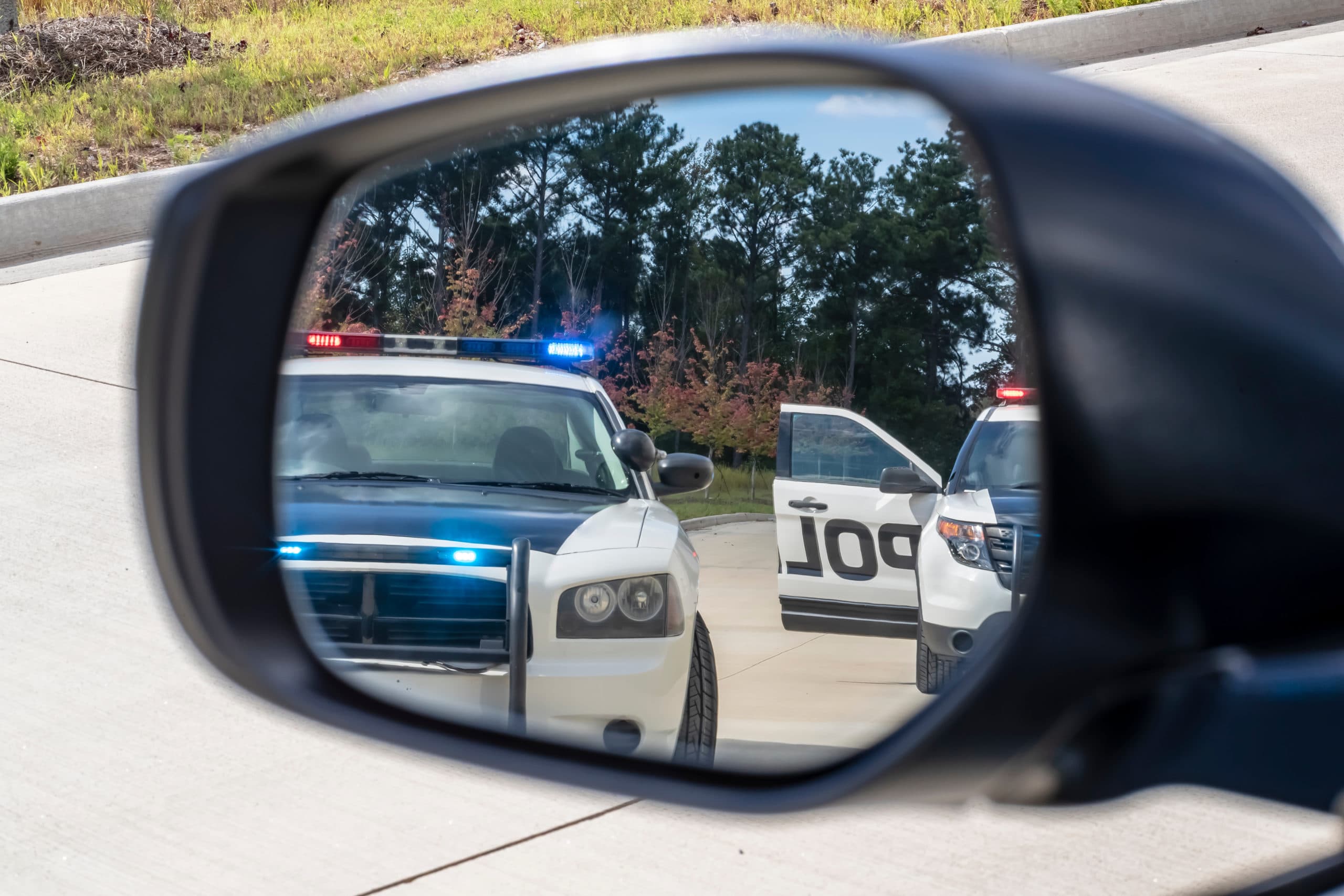- Domestic Violence
- Assault
- Menacing
- Violation of a Protection Order
- Theft
- Underage Cases (Alcohol consumption, fake ID, etc)
- Resisting Arrest
- Obstructing Official Business
- Drug Crimes
- Weapons Offenses
- Vehicular Homicide and Manslaughter
In addition to these crimes, we provide representation for expungements, revocation hearings/probation violations, and warrants. We also have experience with Title IX cases, judicial release petitions, and civil protection orders.
Please call us at (614) 282-4345 if you are seeking counsel on any of these matters.

Tell Us About Your Case
"*" indicates required fields
Misdemeanor Criminal Court Process
Levels of Misdemeanors
First Degree (M1)
Maximum penalties: 180 days jail, $1000 fine
Second Degree (M2)
Maximum penalties: 90 days jail, $750 fine
Third Degree (M3)
Maximum penalties: 60 days jail, $500 fine
Fourth Degree (M4)
Maximum penalties: 30 days jail, $250 fine
Minor Misdemeanor (MM)
Maximum penalties: $150 fine
If you have questions about the different levels of misdemeanors or the associated penalties, please call us at (614) 282-4345.
Arraignment
Out of Jail: In many misdemeanor cases, you will be issued a summons to appear in court. At the initial arraignment, you will enter a plea (guilty, not guilty, or no contest). A court will usually allow you to remain out of custody but may impose additional conditions of bond at the arraignment. If a guilty or no contest plea is entered, the case will end at this stage. If plea of not guilty is entered, the case will generally be set for a pretrial.
In Jail: In some misdemeanor cases (e.g. Domestic Violence, Assault), you may be arrested or the police officer may issue a warrant for your arrest. If you have a warrant issued, you will need to turn yourself in and you will be arraigned the next day that the court has a docket. At this arraignment, you will enter a guilty, not guilty or no contest plea. If you enter a guilty or no contest plea, the Judge will impose a sentence and the case will be over. If you enter a not guilty plea, the Judge will set a bond and the case will be set for a pretrial.
Pretrial
A pretrial is a status conference between you or your attorney and the prosecutor assigned to your case. A pretrial can include additional discovery, initial plea bargaining, and then deciding how to proceed with the case. If a resolution is unable to be reached, the case is often set for trial.
Jury Trial
Nearly every person charged with a crime has the right to have a jury trial. The primary exception to this is if you are charged with a minor or unclassified misdemeanor, where there is no possibility of jail time. You and/or your attorney will select a jury, argue your case, and 8 members of the public will need to reach a unanimous verdict of ‘guilty’ or ‘not guilty’. You have the right to testify on your own behalf, but you also have the right not to. The State will present evidence of your guilt, you have the option to present evidence of your innocence, and the jury must make a decision.
Sentencing
The last stage of the case, sentencing, can be done at a separate court date or the day of the guilty plea or finding of guilty by the jury. The Judge will hear mitigation from you and/or your attorney before imposing a sentence. The Judge will consider the prosecutor’s recommendation, your mitigation, and the minimum and maximum penalties before making a final decision.
If you have questions about the different levels of misdemeanor court processes, please call us at (614) 683-5034.
Types of Pleas
Guilty: A guilty plea is a complete admission to guilt of the charge to which you entered a plea. Many plea bargains will require a guilty plea to an amended charge for it to be accepted. Once a guilty plea has been entered, you or your attorney will be given an opportunity to provide mitigation and the Judge will impose a sentence.
Not Guilty: A not guilty plea is denying the allegations against you. Even if you are guilty or are not sure, a not guilty plea is the only way to fight the charges against you. If you want to achieve a better result on your case or take the case to trial, you must enter a not guilty plea at the first opportunity (usually the arraignment).
No Contest: A no contest plea is an admission of the truth of the facts alleged in the complaint. This means that you are not disputing the allegations against you, but you are not actually admitting guilt. The Judge will almost certainly find you guilty if the facts found in the complaint or read into the record are sufficient, but a no contest plea can help protect you from certain civil suits.
Types of Bond:
Recognizance (also known as “Recog” or “ROR”): You will be released on your own recognizance, which means your own signature, and agree to appear at any future court dates. You will not need to pay anything. If you received a summons for court, you likely will get this type of bond.
Cash: You or someone you know posts the entire bond amount to the clerk of courts. About 90% of this will be returned at the end of the case if you appear for all court dates.
Surety: You or someone you know posts 10% of the bond amount, plus a small fee, to a bail bondsman. This money does not get returned at the end of the case.
Appearance: You or someone you know posts 10% of the bond amount, plus a small fee, to the clerk of courts. Most of this money will be returned at the end of the case if you appear for all court dates.
If the Judge does not set a recognizance bond, they likely will permit at least two ways of posting the bond amount (i.e. cash/surety or cash/surety/appearance). The purpose of bond is to ensure your appearance in court. If you miss court after you bond out of jail, you will forfeit the bond amount and a warrant will be issued for your arrest.
Conditions of Bond:
Regardless of what type of bond is set, the Judge can impose additional conditions of bond. Some examples of these conditions are: a stay away from an alleged victim or location, no further acts of violence, no consumption of alcohol/drugs, no possession of firearms, mental health or alcohol/drug assessment, or monitoring through pre-trial services.
If you have additional questions about bond, please call us at (614) 282-4345.
Testimonials

“Wes and Chelsea have helped me in multiple ways; they maintain professionalism while helping support their clients. They offer a sense of relief during a stressful time, they are consistent with keeping you up to date and they understand. They make you feel better no matter what and have good standing with the court system that you have to deal with. I appreciate all that this law firm has done for me. You are in good hands trusting Wes and Chelsea if you need a defense!” J.T.
“Hi Chelsea! I just wanted to say thank you again for all that you’ve done for me these past few months. I’m so happy with the outcome and can’t thank you enough!” C.R.
“Hi Chelsea! I just want to say thank you for working on my case. My life has been a lot better since we had you defending me and I just want to say I appreciate you.” B.J.
Get a Free Quote
Act quickly if you have been arrested for a DUI/OVI or other crime. Our legal team is standing by to help you navigate the Ohio legal process.
Contact Us
Your legal team is standing by ready to help.
Phone
Address
772 S. Front St
Suite 500-B
Columbus, OH 43206

"*" indicates required fields
